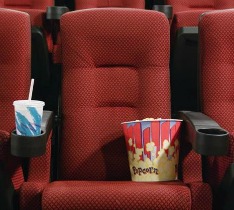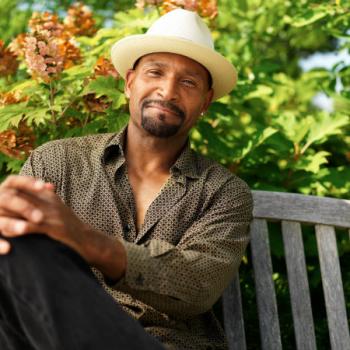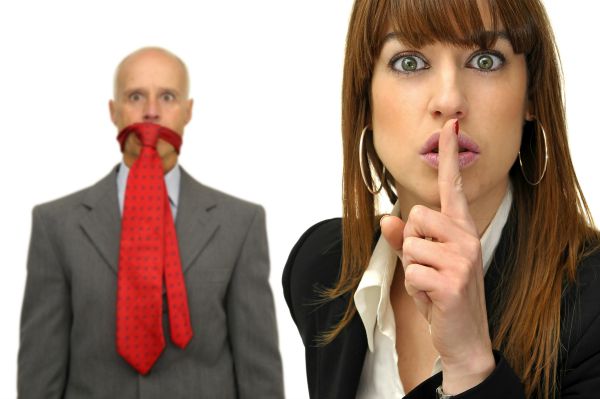 A few people have asked me (some kindly, some … not so much) how I reconcile my kind and loving thoughts about my dad after he died (i.e., My Dad Died Today), with the sometimes less warm feelings about him that I expressed before he went to that big Dad lounge-chair in the sky.
A few people have asked me (some kindly, some … not so much) how I reconcile my kind and loving thoughts about my dad after he died (i.e., My Dad Died Today), with the sometimes less warm feelings about him that I expressed before he went to that big Dad lounge-chair in the sky.
So here’s my private (well, now less private), personal feelings about that.
When a person whom you love—or at least in some way are closely related to—is alive, you get to negotiate your relationship with that person. You get to tell them how you feel, and what you think, and how you wish they would feel and think, too. Because … well, because you’re in a relationship with them, and relationships are fluid, alive things that can and usually do change. So you get to affect that relationship in whatever way you care to try to.
But if that person with whom you’re in a relationship dies, then … well, then that certainly is one dramatic game-changer, relationship-wise.
Talk about limiting your communication options.
Except, it doesn’t. Death changes the mechanics of our communications with our formerly alive friends and relatives, for sure: no more phone calls or unexpectedly swinging by the house ( 🙁 ) . But I don’t think it needs to diminish the quality of those communications. I believe, in fact, that just the opposite is true. I believe that one of the huge whole points of death is that it allows for the living to (wordlessly) communicate with their dead friends and loved ones with a profoundly enriching intensity and a … mutual spiritual resonance that the two of them were rarely if ever likely to achieve between them when they were both alive.
I think that the passage we call death purifies the person who goes through it. I … have an extremely strong intuitive/organic instinct (that I hardly think is unique to me; I know squat about it, but I think that throughout history it’s what most people have believed) that death refines a person into their highest spiritual selves. (And that certainly fits with the Christian model of death—which is good for me, since I’m a Christian.) So that when a person dies, those still alive who loved them get to access, process, and commune with the absolute best of them: with their very perfect, real, vibrant and now unadulterated essence.
Death is awful and I hate it. But that very important aspect of death rocks. And you can only be with someone in that … fabulously holy way during that (relatively) small window of time between when they cross over, and you join them there.
I can now sit down, close my eyes, and be with my dad—with the very best of my dad, the part where all the character and power and strength and knowledge of him remains knit together as a self-identified whole somewhere out in the ether—and that merges with all of that same best stuff in me whenever I want to take a moment or two hundred to sit down and have that extraordinary/common experience.
That is awesome. I like that experience. It’s nice. It’s way better than … talking to my dad on the phone while he’s trying to figure out how his microwave works, or trying to get him to stop changing the channels when we’re watching TV together, or whatever.
We live in a hard, hard world. This world tweaks the crap out of people. It scares people; it wounds them; it confuses them; it makes all of us do, say, and be all kinds of things that, deep down inside of ourselves, we know is not true to the best of who we really are.
Well, when we die, we become the best of who we really are—of who we really were all along. We become our higher self. And those back on earth who, despite whatever we might have done to thwart their affections, never stopped believing in our higher selves, get to … be with our purest selves in a loving, forgiving, healthy, nurturing, affirming way that is as true to the best of life as anything that ever happens on this side of Ye Olde Curtain. And we get to be with them in the exact same way.
And when that is happening time and space become nothing more than all they’ve ever been: artificial constructs hiding from us the eternity that is our natural milieu.












